Although I can understand why Dana Gillespie might choose to call her memoir after her most famous album, for the first 170 pages I remained convinced she should have taken a leaf from John Cleland and called itMemoirs of a Woman of Pleasure. For hers has been an extraordinary life (or perhaps half life, as the trail of hi-jinks runs its course by the end of the 1970s). And so, despite reading at times like a cross between Terry Southern’s Candy and Confessions of a Window Cleaner’s screenplay — but with A-listers the ones shaking their sticks — as an evocation of the 1960s SW7-style, Weren’t Born a Man rings wholly true.
By 13, having already lost her virginity, Dana was occupying a self-contained basement flat in South Kensington beneath a four-storey house in which both parents lived with their replacement spouses. It was an era when child care services were rarely called to places such as Thurloe Square. Dana, looking back, seems unbothered: ‘It sounds bizarre now, with everyone so uptight and politically correct, but there were no rules then.’
Said basement had its own entrance, so once the word got out (and how), it soon became the default crash pad for any would-be musician who left a club too late for the last Tube and too ‘brassic’ to get a cab home. Looking and acting far older than her years, by 14 she had been to bed with David Bowie, followed by Bob Dylan at 15, Jimmy Page at 16, Roman Polanksi at 17 and Michael Caine and Sean Connery by her majority.
Not everyone shared Dana’s bed, but when she set her heart on meeting a guy — and as she says on the penultimate page ‘in those days the way you met people was that you slept with them’ — her oft-mentioned 44” bosom was better than an all-access backstage pass.
When she crashed Dylan’s first UK meet’n’greet at the Savoy (not the Dorchester, as stated), the instant attraction was such that Dylan told a security guard: ‘She’s with me.’ They’d never even met. Her presence soon put Joan Baez’s nose out of joint, so much so that Dana has convinced herself she left the tour almost immediately. (Actually she was around for the duration.)
Equally unaware of what was going on, and with whom, were Dana’s free-spirited parents. As Dana writes: ‘When [Bob and I] were together, I would slip out of his bed in the early hours and sneak back to my parents’ house before they woke up.’ Just in time to get ready for school, thus bringing a whole new meaning to the classic blues song ‘Good Morning Schoolgirl’, an allusion not lost on Dana herself. Because, as she is at some pains to point out repeatedly throughout this rockin’ romp of a life
well lived, she remains first and foremost a ballsy, blues-lovin’ singer, even when morphing between Ma Rainey and Barbara Windsor.
My own first encounter with her was typical: a hormonal 13-year-old watching her play that other great ‘tart with a heart’ (her term), Mary Magdalen, in Jesus Christ Superstar, belting out ‘I Don’t Know How to Love Him’ to a Jesus who really must have been a saint not to want to sleep with her. It was a test the lyricist Tim Rice himself failed, though only after (Dana hastens to add) she had successfully passed the audition. Touchingly, Dana thinks Tim’s most endearing quality, then and now, is his love of cricket.
One also can’t help but delight in the nuances she brings to the art of bed-hopping. Thus, she reports that, ‘somehow, the press caught on to the fact that I was seeing Dylan romantically’ — perhaps because she blabbed to NME’s Keith Althan — ‘though horizontally might be a more accurate description’. She proceeds to take issue with her dear friend Angie Bowie, who suggested ‘we were lesbian lovers’. Not so: ‘OK, we did sometimes end up in bed together, but it was always when David was there.’
This being something of a morality tale in disguise, by the mid 1970s the free spirits of the 1960s were fast burning themselves out in a purple haze of cocaine and the like. Though Dana stayed largely immune to the burn-out, all of her conquests and musical cohorts were winding down creatively.
Unfortunately, at this point her decision to employ a novice ghostwriter, David Shasha, rather backfires. With a memoir, structure is everything, and no self-respecting editor should have allowed this one to reach 1975 and still have 130 pages to go. Charming as is Dana’s account of her latter-day devotion to an Indian avatar called Sai Baba, it should have been a chapter at best, not a third of the book.
Her memoir now becomes more Candidethan Candy, until we reach page 306, at which point she confesses to ‘burning my page-a-day diaries in the early Nineties’. Even if it felt at the time like‘a cleansing’, the gesture has been somewhat negated by the publication of this no-holds-barred memoir, leaving me for one lamenting the loss of a volume which might have been the ultimate memoir of the days when sex, drugs and rock’n’roll were little more than synonyms.
Got something to add? Join the discussion and comment below.
Get 10 issues for just $10
Subscribe to The Spectator Australia today for the next 10 magazine issues, plus full online access, for just $10.
You might disagree with half of it, but you’ll enjoy reading all of it. Try your first month for free, then just $2 a week for the remainder of your first year.

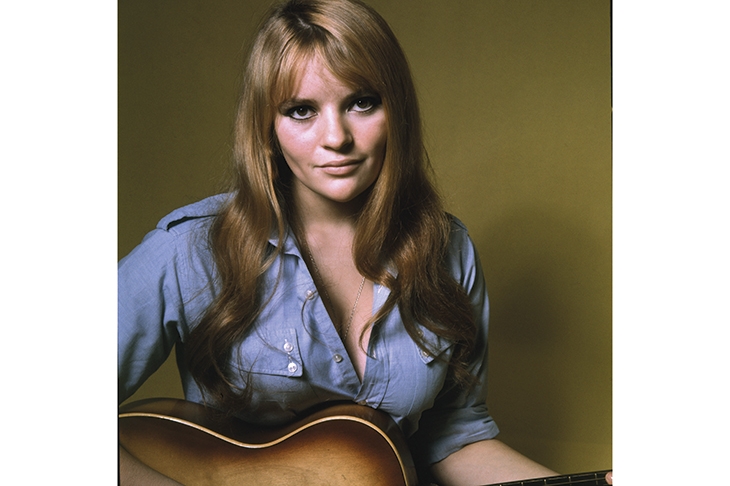
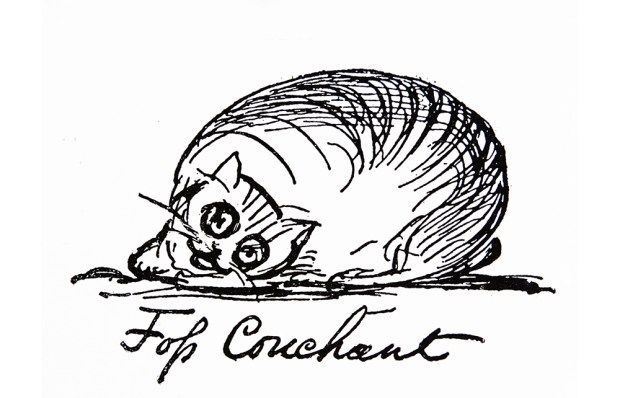
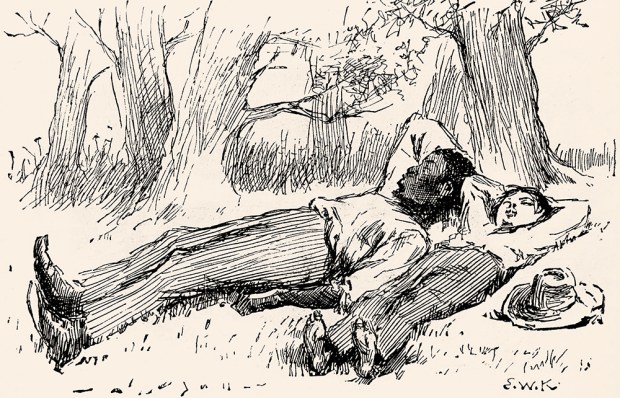
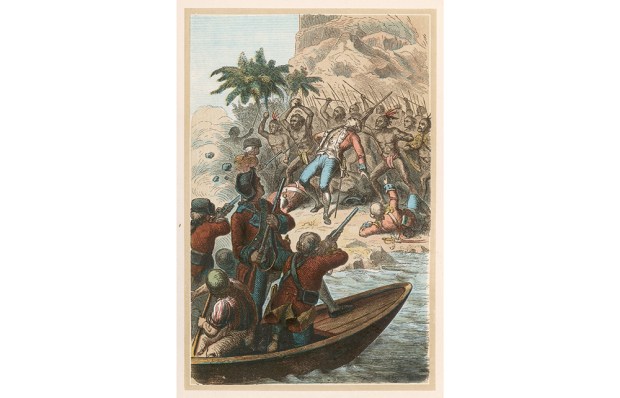

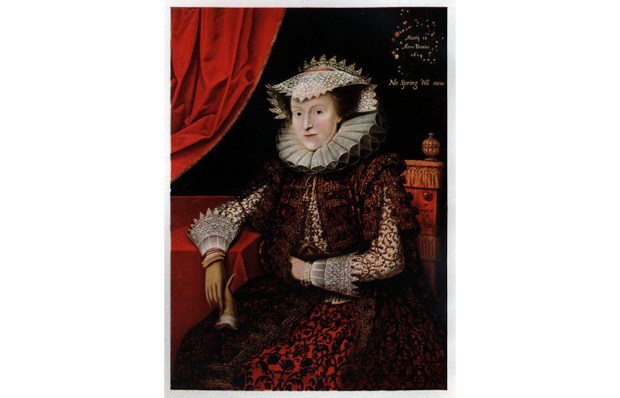
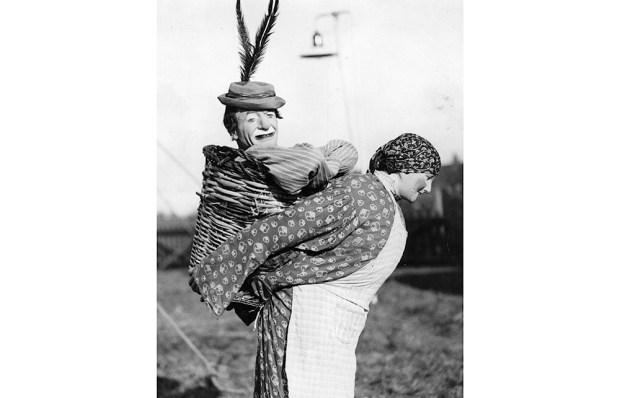






Comments
Don't miss out
Join the conversation with other Spectator Australia readers. Subscribe to leave a comment.
SUBSCRIBEAlready a subscriber? Log in